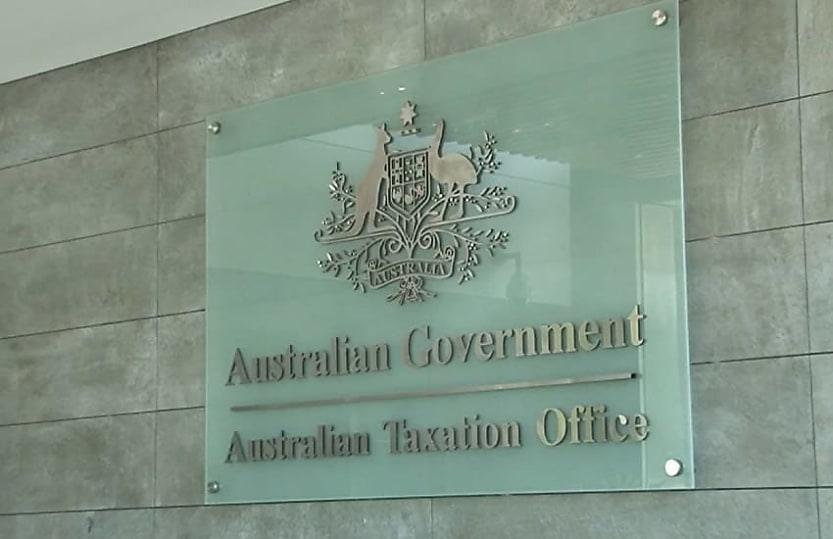ATO targets multinationals outside of justified trust program

The ATO has laid out the kinds of tax compliance risks that will trigger enforcement measures beyond its justified trust program.
Recently, the ATO has demonstrated a willingness to clamp down on non-compliant multinationals with a recent announcement erasing any doubts.
Using “intelligence and analytical models," the agency is tailoring its compliance efforts to certain public and multinational taxpayers outside of the justified trust program.
The program targets those with annual turnovers under $250 million and, when high priority or emerging tax risks arise, those with higher turnovers and outside of the justified tax programs.
Inappropriate use of research and development tax incentives, related party transactions, non-payment or incorrect payment of interest, dividend and royalty withholding tax, and structuring and business events resulting in profit shifting and capital gains tax avoidance have all been named as targeted behaviours.
While the agency has committed to continuing with a “cooperative compliance” approach with a preference for notification-led, voluntary fulfilment of tax obligations, its recent multinational enforcement operations have demonstrated the agency’s willingness to clamp down on non-compliance.
For instance, the ATO recently secured a $6.4 million judgment against PepsiCo for payments owed in the form of royalty withholding tax. Given the potentially broad application of the ruling, which PepsiCo is set to appeal, the ATO has been expected to deepen its multinational compliance efforts.
This announcement is a further piece of evidence that non-compliant multinationals should be on guard.
Since the agency expanded its Tax Avoidance Taskforce, it has broadened its risk efforts to “ensure the larger business populations are not also engaging in tax avoidance.” In other words, it has substantially extended its risk compliance efforts beyond those taxpayers reviewed under the justified trust program.
“We operate alongside our justified trust programs to build community confidence that all public and multinational businesses are paying the right amount of income tax,” said the ATO.
The concept of justified trust was developed by the OECD and has come to define the ATO’s co-operative approach to managing tax compliance risks among Australia’s biggest taxpayers. In essence, the approach is designed to equip the ATO with a reliable basis for trusting that taxpayers are not skirting their tax obligations.
To get there, the ATO engages in a four-stage review in which the agency considers a taxpayer’s tax governance framework, whether any tax risks targeted by the ATO might be present, the nature of the taxpayer’s current business activities, and how the tax and accounting treatments adopted by the taxpayer might vary.
While the goal of boosting transparency and good governance is to decrease the need for enforcement actions, data released by the ATO revealed an increased incidence of enforcement measures through detailed reviews following the implementation of the program.
“At some point, the enforcement and reviews should taper off and taxpayers should be able to demonstrate that they are compliant and paying the correct amount of tax by demonstrating good governance and providing updates on any significant changes to their business,” said PwC.
To prepare for the changes, the ATO recommended a few compliance measures including ensuring reporting, lodgment, and payment obligations are accurate and up to date, implementing good record keeping and tax control frameworks, and following ATO updates.
“When we engage with you as part of the program, we don't consider or review your tax governance processes. However, taxpayers who have good tax governance generally have a more streamlined and efficient review than those who don't,” said the ATO.
About the author

